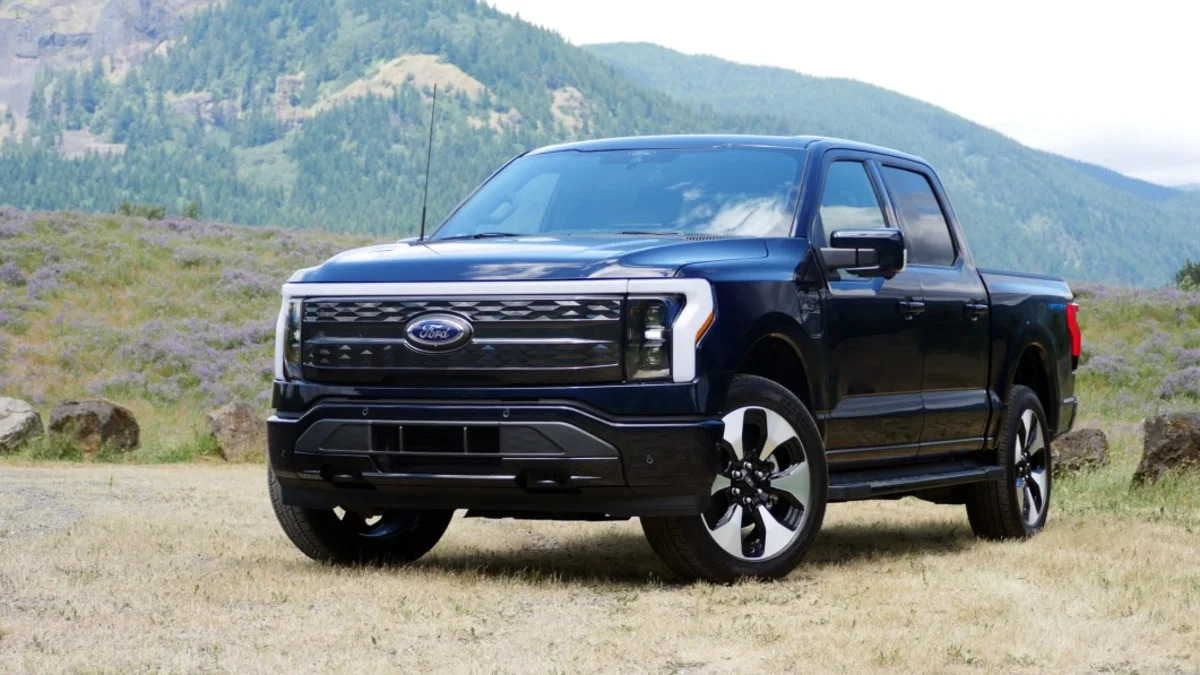[Update: corrects Lithium Ion Phosphate to Lithium Iron Phosphate]
Ford will build a new Lithium Iron Phosphate (LFP) battery plant in Marshall, Michigan. The multi-billion-dollar EV battery plant originally slated for construction in the Commonwealth of Virginia was shut out by its newly elected governor, Glenn Youngkin. Virginia's loss — $3.5 billion in initial investment and at least 2,500 high-tech jobs — is Michigan's gain.
The MI facility will come online in 2026 under the same conditions previously stipulated in Virginia, including Ford's announced partnership with China's Contemporary Amperex Technology Co., Limited (CATL) — the component that soured the deal for the Virginia governor. Youngkin called the plant a Chinese "Trojan horse."
"Ford’s $3.5 billion investment creating 2,500 good-paying jobs in Marshall building electric vehicle batteries will build on Michigan’s economic momentum," said Michigan Gov. Gretchen Whitmer. "Today’s generational investment by an American icon will uplift local families, small businesses, and the entire community and help our state continue leading the future of mobility and electrification. Let’s continue bringing the supply chain of electric vehicles, chips, and batteries home while creating thousands of good-paying jobs and revitalizing every region of our state. Since I took office, we’ve secured over 30,000 auto jobs and landed multiple electric vehicle and chip-making factories. We’re on the move, so let’s keep our foot on the accelerator."
While CATL will participate in the new Marshall facility's battery production operations, the plant itself will be Ford's (via a wholly owned subsidiary). NCM offers more power density and capacity alongside cold-weather performance, but costs more than traditional Lithium Iron Phosphate batteries due to the materials required. LFP batteries are also more tolerant of frequent and extreme charge level swings, meaning customers can settle into the habit of fully charging and depleting the batteries in their cars with less of a long-term impact on charging capacity, and LFP batteries are more stable and less prone to catastrophic thermal events.
"Ford’s electric vehicle lineup has generated huge demand. To get as many Ford EVs to customers as possible, we’re the first automaker to commit to build both NCM [lithium, nickel, cobalt and manganese] and LFP batteries in the United States," said Jim Farley, Ford president and CEO. "We’re delivering on our commitments as we scale LFP and NCM batteries and thousands, and soon millions, of customers will begin to reap the benefits of Ford EVs with cutting-edge, durable battery technologies that are growing more affordable over time."
LFP batteries will be offered alongside the existing Lithium Iron packs in Ford's current EVs. The F-150 Lightning and Mustang Mach-E will both be offered with LFP packs in order to help ease battery-related production constraints. Prior to the new Marshall facility coming online (slated for 2026), Ford will source those batteries directly from CATL. NCM batteries will continue to be utilized for existing long-range models of the Lightning and Mach-E. Ford expects LFP to represent about 20% of the company's battery production capacity once its planned facilities are fully online.
Related video:


Sign in to post
Please sign in to leave a comment.
Continue